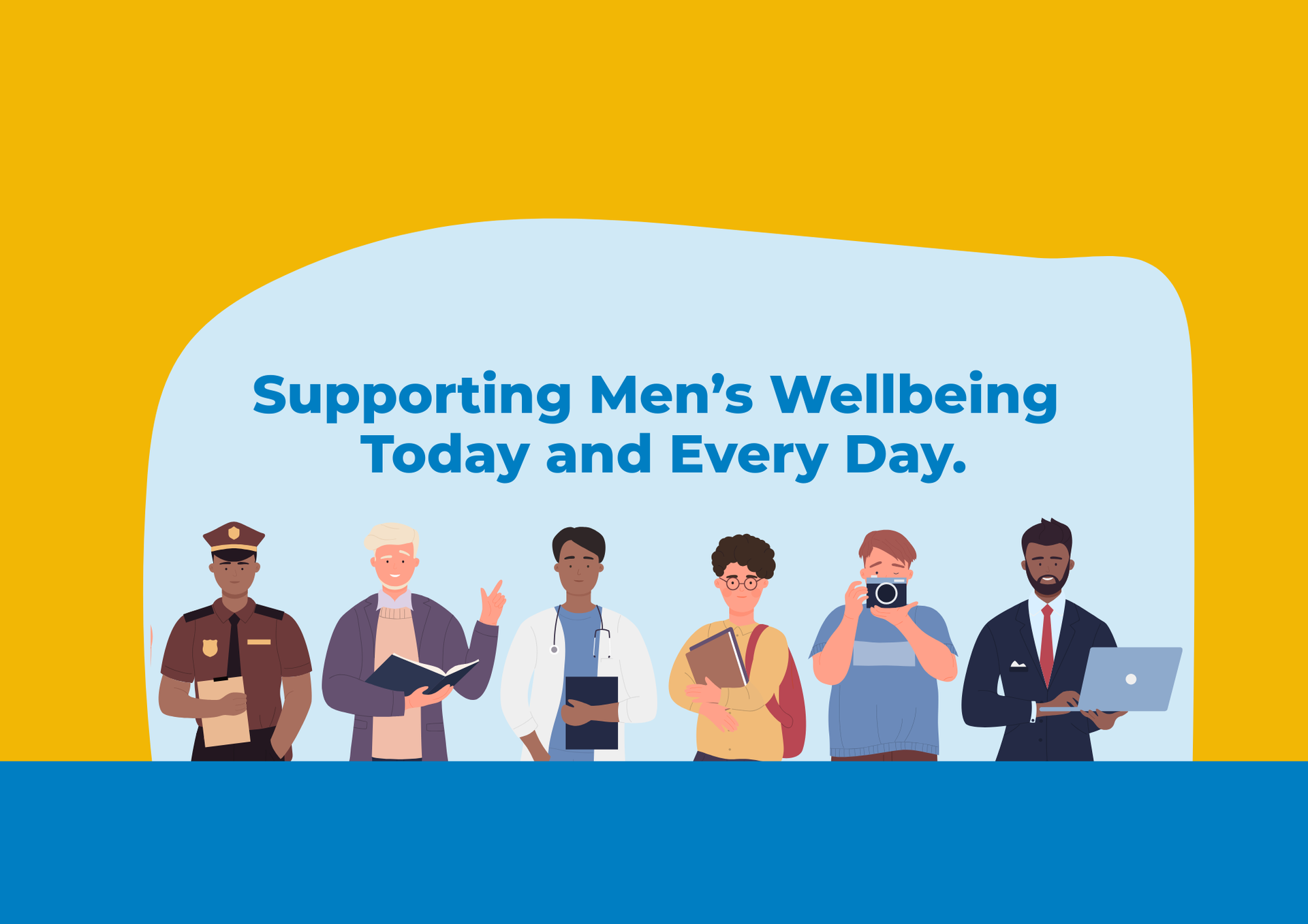Embracing Smiles
June 13, 2023

Embracing Smiles and Self-care for Inner Bliss Author: Priya Saikia
In our fast-paced and demanding world, it’s easy to get caught up in the daily hustle and forget to take care of the most important person in our lives – ourselves. We often prioritize work, relationships, and responsibilities but completely ignore our own well-being. Self-care is necessary to maintain balance, recharge, and cultivate a healthy relationship with ourselves. It is a necessity to ensure that our physical, emotional, and mental needs are met.
Let’s start by talking about the simplest way to start our self-care routine. Have you ever smiled at a stranger on the road? If not, give it a try. You’ll be amazed at how often they will smile back. Smiling is infectious, and therefore, it is amazing! When someone smiles at you, it can instantly uplift your mood and brighten your day. Moreover, there’s science behind this. When we smile, our brain releases endorphins, serotonin, and dopamine, which are neurotransmitters associated with happiness and well-being. This natural high helps keep us positive and enhances our overall sense of self-care. In this blog post, we will explore some of the incredible benefits of the simple act of smiling.
Reducing Stress and Anxiety
One of the most significant benefits of smiling is its ability to reduce stress and anxiety. Yes, you heard us right. This simple muscle movement can send signals to our brains that everything is okay, even during challenging situations. The physical act of smiling triggers the release of the stress-reducing hormone called cortisol, while also lowering our blood pressure and heart rate. By incorporating smiling into our self-care routines, we can effectively manage stress and cultivate a more relaxed state of being. So next time, when you’re stressed with deadlines, take a pause and smile. It might help you work much better.
Boosting Confidence and Self-Esteem
Self-care is not just about taking care of our physical health; it also involves nurturing our emotional well-being. And guess what, smiling can help in regard as well. This simple muscle movement plays a great role in boosting our confidence and self-esteem. When we smile, it conveys a sense of warmth, approachability, and self-assurance. It can help us feel more comfortable in social situations and improve our relationships with others. Moreover, remember that smiling can trick our brains into believing that we are happy, which in turn leads to a genuine increase in our overall sense of self-worth. Honestly, my own confident personality today is probably a result of a morning practice that my high school teacher taught me. She told me to wish myself a good morning with a bright smile every single morning right after I wake up and trust me, this practice has been so helpful in life that I do it even today.
Enhancing Physical Health
Believe it or not, smiling can also have a positive impact on our physical health. When we smile, our facial muscles are activated, which in turn stimulates blood flow and improves oxygenation. This increased circulation can contribute to healthier skin, as well as a more youthful and radiant appearance. Maybe, it is time to include smiling in our skin-care routine as well. Additionally, smiling can strengthen our immune system by reducing the levels of stress hormones that can weaken our body’s natural defence mechanisms. Basically, by smiling more, we can support both our physical and mental well-being.
Spreading Positivity and Connection
Self-care is not only about individual needs; it is also about our interactions with others. A simple smile can be a powerful tool for spreading positivity and fostering connections. When we smile at others, it creates a sense of warmth and openness, encouraging them to reciprocate and engage with us on a deeper level. This exchange of positive energy can enrich our relationships, create a supportive community, and enhance our overall self-care journey.
In the pursuit of self-care, we often overlook the simplicity and effectiveness of a smile. Smiling not only brings joy to ourselves but also radiates positivity to those around us. We are born with the ability to smile, yet we smile less and less as we age. By smiling more frequently every day, we can experience a wide range of benefits, from reducing stress and anxiety to boosting confidence and self-esteem. So, let’s remember to prioritize self-care and unleash the magic of a smile.
As Tom Wilson said, “A smile is happiness you’ll find right under your nose.”





